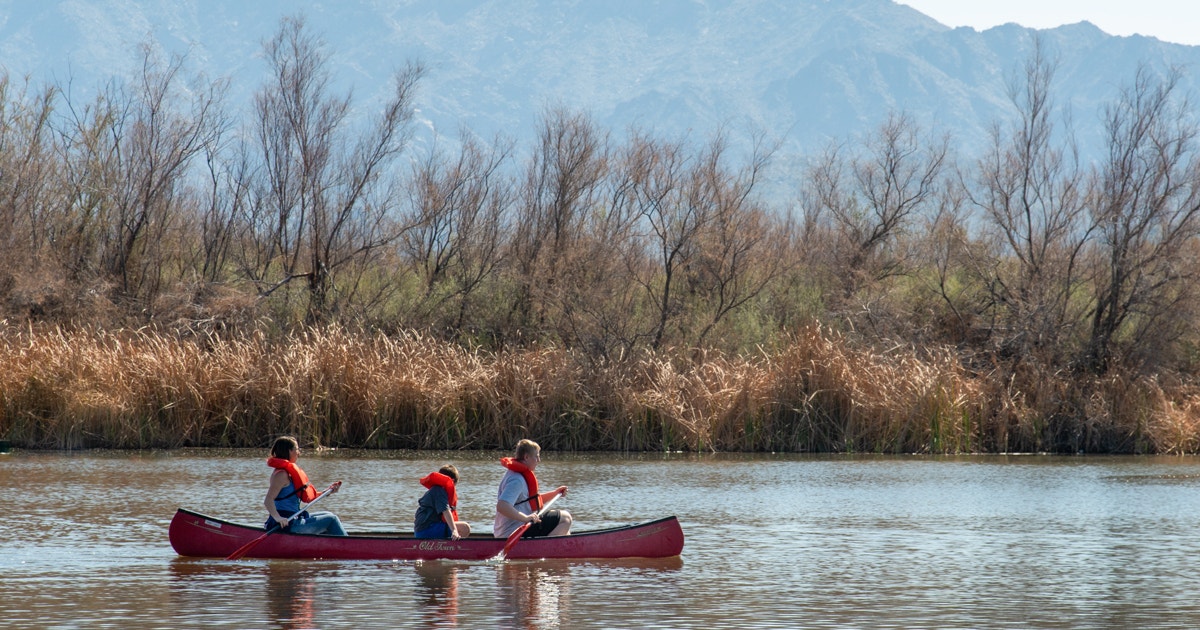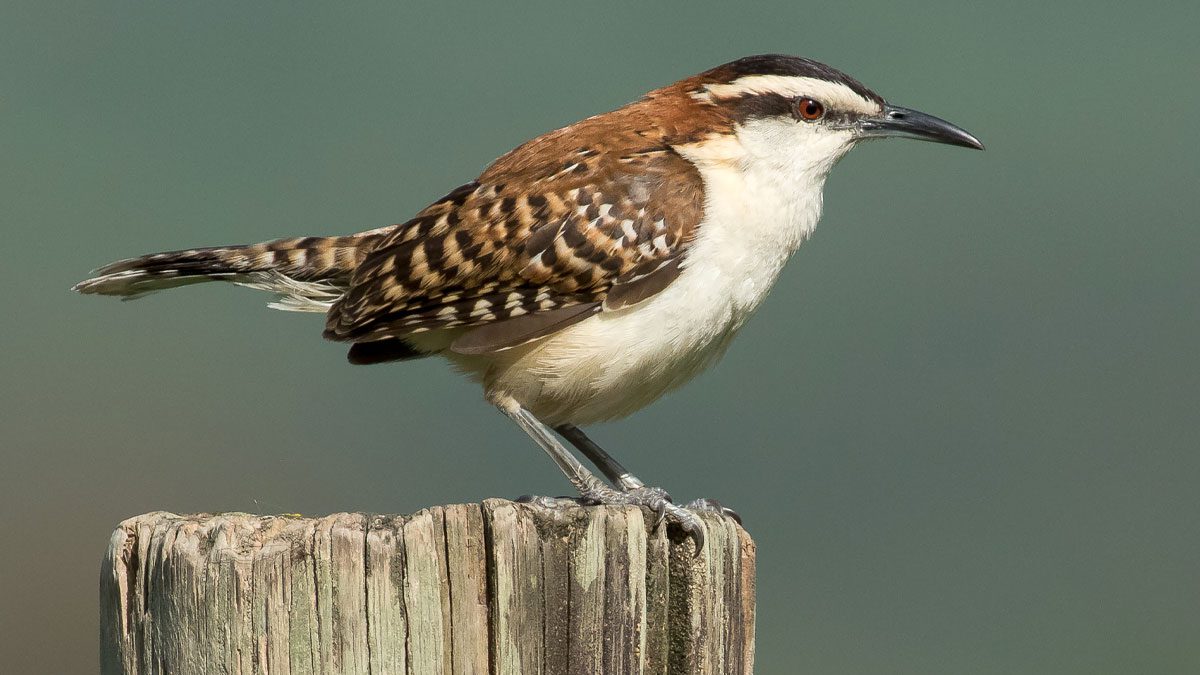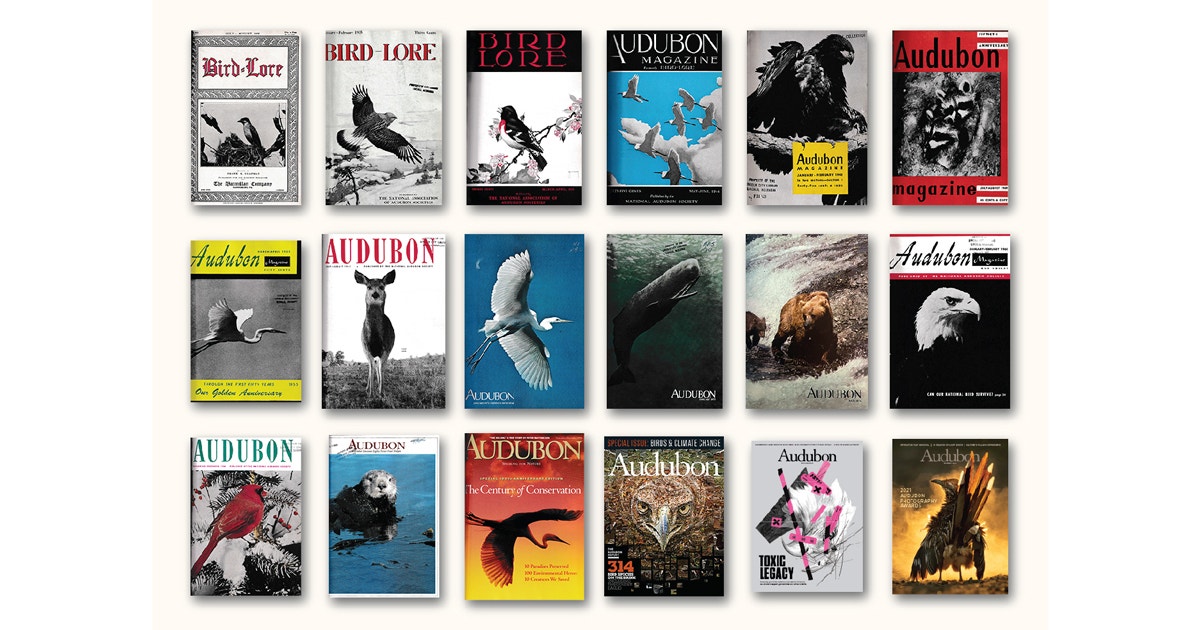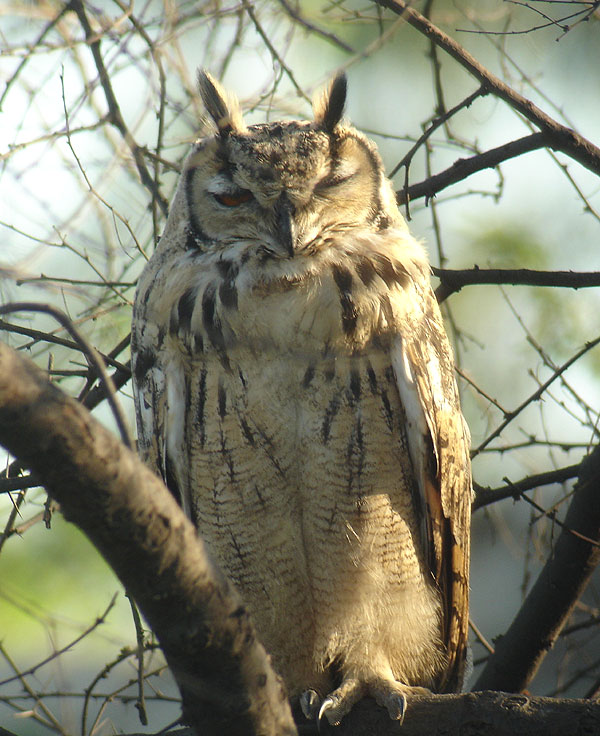**Este artículo se puede encontrar en español**
Audubon Southwest, in partnership with the Lower Gila River Collaborative, is excited to announce that we have been awarded a $298,014 grant through the U.S. Bureau of Reclamation’s (Reclamation) WaterSMART Cooperative Watershed Management Program to improve ecosystem health and water management. This funding is part of the most recent $8.9 million investment from the Bipartisan Infrastructure Law to protect watershed health and build more resilient water supplies in the western U.S.
Here’s what you need to know about our project:
Who: The Lower Gila River Collaborative (LGRC) is “a voluntary partnership to restore the lower Gila River ecosystem while encouraging stewardship, recreation, and compatible development,” comprising more than 30 state agencies, non-governmental organizations, Tribes, and recreation and agricultural water users. Facilitated by Southwest Decision Resources, LGRC is the western extent of the Rio Reimagined initiative, a regional approach to further the ecological restoration and economic growth on the Salt and Gila Rivers.
Audubon Southwest, the regional office of the National Audubon Society in Arizona and New Mexico, has been an active LGRC member for over 10 years. Our Director of Bird Conservation, Tice Supplee, serves on many committees, including the LGRC Habitat Enhancement Working Group and Coordinating Team. Members of the LGRC Leadership Council include the Gila River Indian Community (GRIC); the cities of Avondale, Buckeye, Goodyear, and Phoenix; Maricopa County Parks and Recreation Department; Flood Control District of Maricopa County; Arizona Department of Game and Fish; Arizona Department of Forestry and Fire Management; and U.S. Fish and Wildlife Service.
Building upon decades of work, the LGRC strives to advance restoration of the Lower Gila River—from the City of Phoenix’s Tres Rios Ecosystem Restoration Area southwest along the river to Gillespie Dam west of Buckeye—by removing salt cedar (also known as tamarisk), planting native vegetation, creating public access points and trails, encouraging nature based economic development, and engaging environmental justice communities along the river.
What: Over three years, Audubon will manage the grant funds to implement the LGRC 2024-2029 Strategic Action Plan. The Strategic Action Plan strives to:
-
Expand outreach to include under- and unrepresented voices
-
Engage landowners through outreach and workshops to catalyze projects
-
Synthesize existing plans, studies, and data to evaluate and prioritize potential projects
-
Consolidate hydrologic, ecologic, and social data into an interactive online platform
Where: The project planning area is located in Maricopa County, Arizona, including the cities of Phoenix, Avondale, Goodyear, and Buckeye as well as the GRIC Reservation, approximately 428,000 acres of private farmland, and managed public lands. The project scope spans several subwatersheds of the Salt and lower Gila Rivers with primary focus within the river corridors. These corridors are designated as the Lower Salt and Gila Rivers Ecosystem Important Bird Area (IBA)—a global IBA for Yuma Ridgway’s Rail that also provides habitat for the federally threatened Western Yellow-billed Cuckoo and hundreds of other species.
Why: Significant changes have occurred in the ecosystems of the Lower Gila River subwatersheds due to historic land and water management practices combined with the hotter and drier climate. These changes have contributed to invasive plants (including salt cedar and stinknet) replacing native vegetation. The expansion of salt cedar within the 36-mile lower reach of the Gila River has resulted in the highest risk in the state for wildfires and flooding, increased soil salinity, decreased water quality, reduced recreation access, and created an overall decline in riparian ecological health and resilience. These changes negatively impact birds and people and threaten critical infrastructure and communities.
We look forward to continuing our important work and mission with our local partners, which will be boosted by this opportunity from Reclamation. Stay tuned for updates as we achieve project milestones.
Join Audubon’s Western Water Action Network to receive water news and action alerts about issues affecting birds nationwide. You can weigh in on water management decisions that will shape the future of western rivers, lakes, and the birds, wildlife, and people that depend on them.




